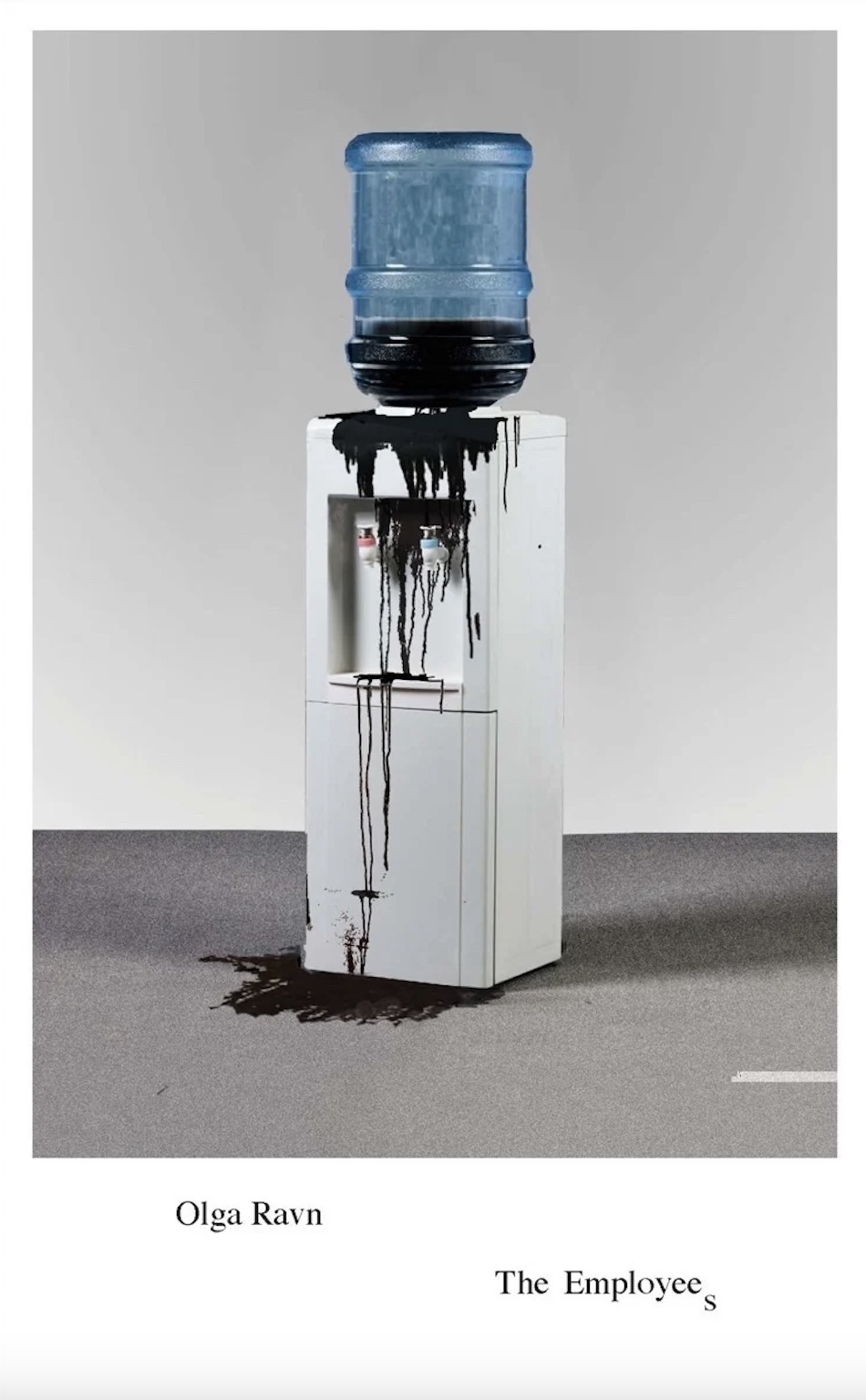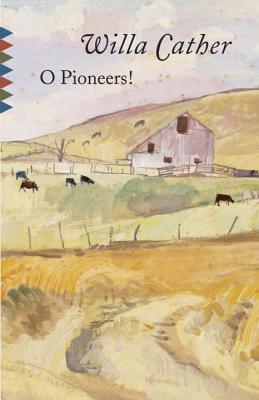Curated by ELLY HONG
In our July edition of Friday Reads, two TC interns and one volunteer reader recommend transportive summer reading, ranging from a novel about a trip to Greece to a good old-fashioned western. Read onward for discussions of a braided Faulkner novel, a flâneur novelist, and two cowboys down on their luck.
Recommendations: If I Forget Thee, Jerusalem by William Faulkner, Outline by Rachel Cusk, Hanging Woman Creek by Louis L’Amour.
William Faulkner’s If I Forget Thee, Jerusalem; recommended by Sofia Belimova (Thomas E. Wood ’61 Fellow)
William Faulkner’s 1939 novel If I Forget Thee, Jerusalem is an entrancing fever dream as much as the psalm it derives its name from. In two implicitly intertwined narratives—Old Man and Wild Palms—Faulkner models a feat of material transgression. The flood that sets adrift a Parchman Penitentiary convict in Old Man manifests as the infatuation that dashes aside an aspiring doctor’s dreams in Wild Palms. In turn, the deliciously detailed descriptions of household items from Wild Palms transform into the remnants of debris and bodies of drowned animals in Old Man. This tendency for objects to transcend their function opens up questions about how we experience our own reality: is there, perhaps, some futility in envisioning that entities are truly discrete?
If I Forget Thee, Jerusalem models complex and unconventional practices of the moral imagination. The convict in Old Man yearns, in some capacity, to come back to prison, to the world he has come to know and depend on. Likewise, Harry, the doctor-turned-vagabond, refuses to flee prison time and submits to the justice system. Both plead guilty to their crimes without feeling guilty, demonstrating a morality that is neither derivative from the carceral state nor distinctly opposed to it.
This relationship to institutions as sidelined directives of human relation proliferates onto other kinds of institutional entities. Race, gender, and class are rarely explicitly mentioned, but all interactions are informed by these axes of identity, from decisive choices made by characters, to the language used, to the ruminations of individuals at their most private moments.
The way If I Forget Thee, Jerusalem negotiates dynamics between objects and people in the unspooling of personal and collective disaster makes it an important, timely text.
 Rachel Cusk’s Outline; recommended by Olive Amdur (Editorial Assistant)
Rachel Cusk’s Outline; recommended by Olive Amdur (Editorial Assistant)
I find there comes a point in every semester where all my coursework begins to revolve around certain ideas, themes, or figures. This past spring it was the flâneur: the stroller, the onlooker, the listener. These characters wandered through each book I read for class, observing; we used them in discussion and I wrote final essays about them. Then the semester ended and I put away my notebooks. But as I began my summer reading with Rachel Cusk’s Outline, surprisingly, and perhaps fittingly, I met yet another flâneur.
Outline, the first in Cusk’s Outline trilogy, follows a novelist to Athens in the heat of a long summer, where she is scheduled to teach a writing course. At first, we know little about the novelist, our narrator, and the things we do are tinged with ambiguity. She is a mother, a divorcee, a writer, teacher and traveler, but we do not, for the most part, see her in these roles. We do see her, however, in conversation: with her seat-mate on the airplane to Greece, her author friends, the feminist theorist she meets at dinner one night, the students in her workshop.
Before beginning Outline, I’d heard of Rachel Cusk because of her signature font: cool, sans-serif Optima. I know there’s debate, but I found that the font—bare on the page—matched the sharp, anonymous, and icy observation in every sentence. Cusk’s writing is filled with internal reflection on gender, love, loss, and agency, and details of external sensation: salt wind on the sea, white stone façades, heavy souvlaki grease. The book is naked, transportive, and hard to put down.
In my favorite of her flâneur encounters, the novelist goes swimming in the Ionian Sea with the man she meets on the plane. They anchor his boat out on the water and he tells her his life story. I read lying on a patch of grass in Western Massachusetts but imagined myself in that Grecian sun, listening to him too. As the title suggests, we see the outline of our narrator emerge in her reactions, encounters, and experiences. The novel, too, takes shape this way.
Around a dinner table one night, the novelist’s novelist friend, Paniotis, says, “Those moments were so intense that in a way we will be living them always.” I have more thinking to do about this, and about the ways that I feel myself defined in outline—in reaction to. But what I do know is that Cusk’s writing, since I put down Outline, has been living with me.
 Louis L’Amour’s Hanging Woman Creek; recommended by Chris Skiles (Volunteer Reader)
Louis L’Amour’s Hanging Woman Creek; recommended by Chris Skiles (Volunteer Reader)
Louis L’Amour wrote many westerns, but one of my favorites that I’ve read so far is Hanging Woman Creek. Two men, low on luck and opportunity, head out West to find work on a ranch. What work they find is “working the grub-line,” a winter job. While the more prosperous and wealthy ranchers recline by the fire with a glass of whiskey most frosty evenings, they pay the “grub-line” workers minimal wages to take care of their livestock in the wintertime, making sure they have water and feed. The two men take up this job, in a lonely cabin on Hanging Woman Creek.
They soon run into rustlers (people who steal cattle to sell), and that’s when the book begins to sizzle. The man and his partner have little success stopping the rustlers, and soon their employer suspects them. They are laid off as a result, kicking off the action. One of the things I like about this book is that one of the two main characters is African American. Contrary to what you often see on TV westerns, a lot if not most of the original cowboys in the West were Black. While there aren’t many African American people depicted in old western novels, I’m glad this one does include them.
I enjoy Louis L’Amour novels because the bad guys are usually bad and the good guys are usually good. There are no messy, flawed good guys as main characters, as you see in Ernest Hemingway and later from Alan Moore, with his notoriously edgy characters in Watchmen. You can read these stories knowing the good guy usually wins, and he or she didn’t have to break any moral code to do it. The bad guys usually pay for their crimes.




